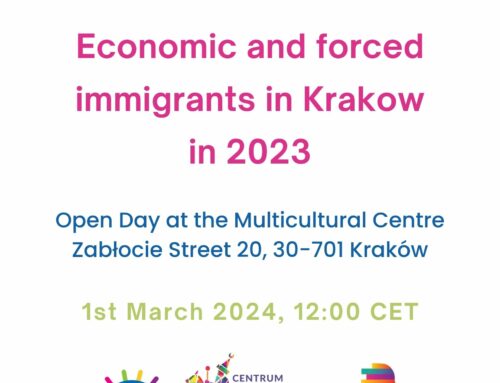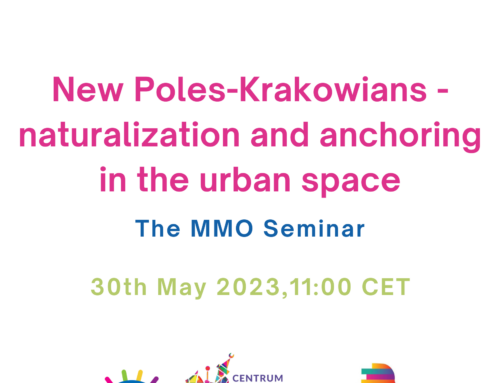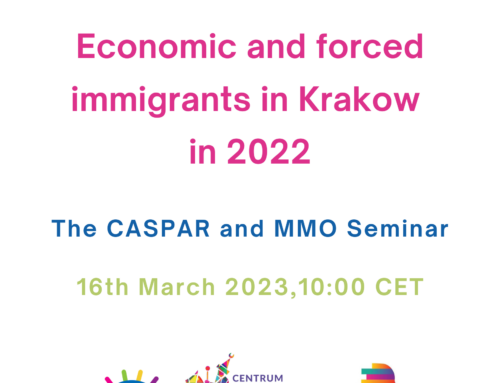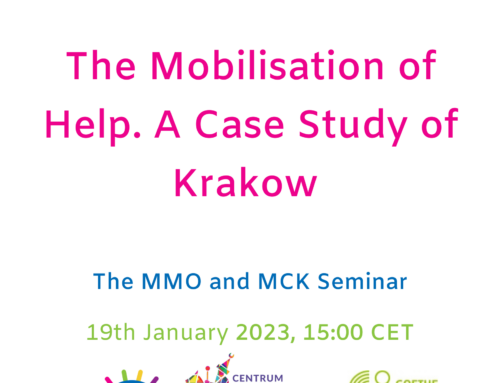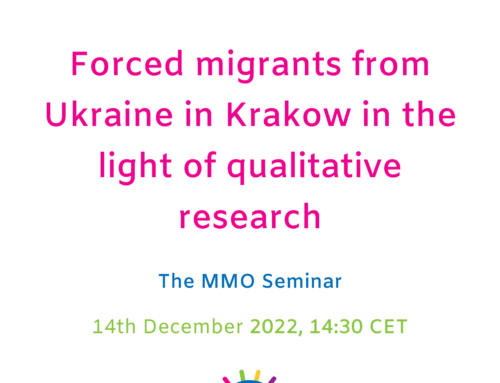We cordially invite to our next Zoom seminar! Stefano Degli Uberti, Lanciné E.N. Diop and Mohamadou Sall will speak about internal and external trajectories of senegalese migration.
Since the 1970s Senegal is a country of intense internal and international migrations (15 million inhabitants/over 2.5 million Senegalese living in diaspora). Today 41% of all Senegalese emigrants are living in Europe. Also in Senegal migration is a synthesis of different, interlinked motivations, attitudes and practices with an intense interrelationship between the internal and international migration processes. Moreover, despite the recent changes, the capital region of Dakar still remains the most attractive place for Senegalese youth. It forms an important step in the internal and international migration routes. Historically this urban area has been a “stepping stone” to destinations abroad for many potential international migrants coming from villages and small towns in Senegal. This region is therefore a very interesting case to capture the complexity of Senegalese migration trajectories and temporalities.
Based on the research conducted in different quartiers of Dakar among people coming from the regions of Saint Louis and Matam as well as from the regions of the Groundnut Basin (historical areas of outmigration as Dourbel, Thiés, Fatick and Kaolak), the aim of the seminar is to discuss how migration is the outcome of fragmented trajectories that take place in different spaces and times, involving both the propension to move as well as to stay put.
The seminar will focus on the dynamics from the point of view of the decision-making processes to migrate (either internally or internationally) or to stay in Dakar. The speakers thus will explore motivations and aspirations of migrants, the role of Dakar in the migration process, and how the urban experience often has become a steppingstone encouraging or an anchor preventing further international moves. This will be discussed especially in relation to Europe as a favoured destination: the perceptions, social representations and attractiveness of Europe. The temporality of migration and the socio-cultural and economic factors are at stake, shedding light on the complexity and fluid nature of the propensities to go abroad.
Seminar will be held in English
Register in advance for this meeting:
After registering, you will receive a confirmation e-mail containing
information how to join the meeting.
information how to join the meeting.
The work presented during the seminar is part of Future Migration Scenarios for Europe project (H2020) carried out by CASPAR with international partners


